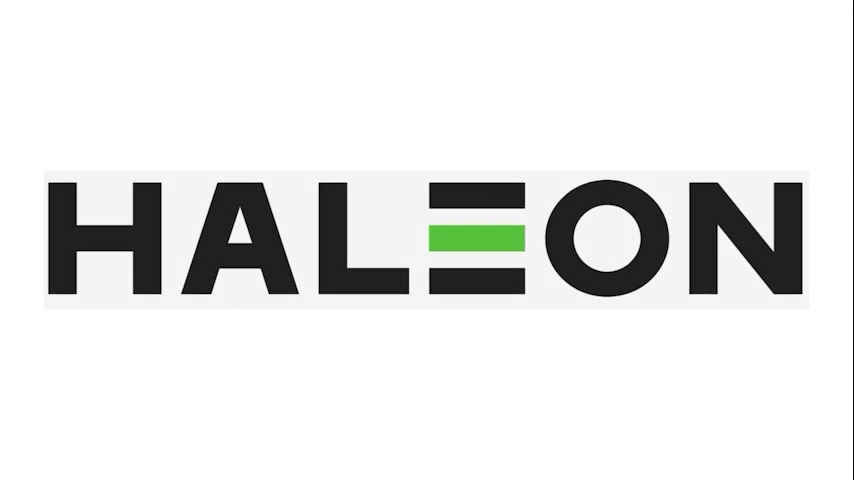In a landmark move to boost Pakistan’s pharmaceutical manufacturing capabilities, Haleon, a leading global consumer healthcare company, has announced a $12 million investment to expand the production of Panadol, one of the most widely used pain relief medications in the country.
The investment will support infrastructure upgrades and capacity enhancement at Haleon’s manufacturing facility in Jamshoro, Sindh. The upgraded facility will increase annual production of Panadol tablets from 6 billion to 8 billion units, helping stabilize local supply, reduce dependency on imports, and ensure consistent access to essential medicine across the country.
Strengthening Local Healthcare Manufacturing
This strategic expansion highlights Haleon’s long-term vision to localize manufacturing and address supply chain vulnerabilities. By enhancing domestic production of high-demand medicines like Panadol, the initiative aims to:
- Improve availability during times of crisis or demand spikes
- Ensure affordability and accessibility for the general public
- Reduce logistical costs and import reliance
- Contribute to national pharmaceutical self-sufficiency
Economic Impact and Job Creation
The $12 million investment is expected to have a significant positive economic impact, especially in the Jamshoro region. It will:
- Generate direct and indirect employment opportunities
- Upskill the local workforce in pharmaceutical manufacturing, packaging, and quality assurance
- Strengthen Pakistan’s position as a manufacturing hub for South Asia
- Stimulate local business activity through supporting industries such as logistics, raw material supply, and utilities
Technological and Sustainable Advancements
The upgraded Jamshoro facility will incorporate state-of-the-art automation and touch-free packaging technology, setting new industry standards for pharmaceutical production in the region. In addition to improving efficiency, the facility will also be built with sustainability in mind, powered partially by solar energy and equipped with water purification systems and eco-friendly waste management protocols.
This focus on sustainable development aligns with global environmental goals and reflects Haleon’s commitment to responsible manufacturing.
Boosting Export Potential
With the planned capacity expansion, Haleon aims to not only meet local demand but also expand its export footprint. The company has already begun exporting from Pakistan to countries like Vietnam and the Philippines, and the new production line will enable further market penetration across Asia and the Middle East.
The goal is to eventually generate up to 10% of output for export, boosting Pakistan’s foreign exchange earnings and reputation as a reliable pharmaceutical supplier.
A Vote of Confidence in Pakistan’s Pharma Sector
This investment comes at a time when Pakistan’s pharmaceutical sector is witnessing steady growth. The recent revival of macroeconomic stability, regulatory improvements, and policy reforms have encouraged international firms to explore opportunities in the country.
Haleon’s commitment reflects growing investor confidence in Pakistan’s economic direction and healthcare potential. It also highlights the role of the private sector in supporting universal health coverage, increasing access to medicine, and contributing to national development goals.
Future Outlook
As Haleon strengthens its manufacturing base, the company has hinted at exploring:
- New product lines tailored to local needs
- Public-private partnerships for health awareness campaigns
- Collaborations with government bodies for regulatory ease and investment facilitation
Furthermore, the company has emphasized the importance of policy continuity, regulatory predictability, and long-term economic planning to support sustained private-sector investment in healthcare.
Conclusion
Haleon’s $12 million investment in Pakistan is more than just a business expansion it’s a powerful signal of confidence in the country’s pharmaceutical sector and its future potential. The initiative will support healthcare access, generate jobs, improve export capacity, and set a benchmark for innovation and sustainability in the industry. As Pakistan aims to become a regional hub for health manufacturing, such strategic investments pave the way for a more resilient and self-sufficient healthcare ecosystem.



Comments (0)
No comments yet. Be the first to comment!
Leave a Comment